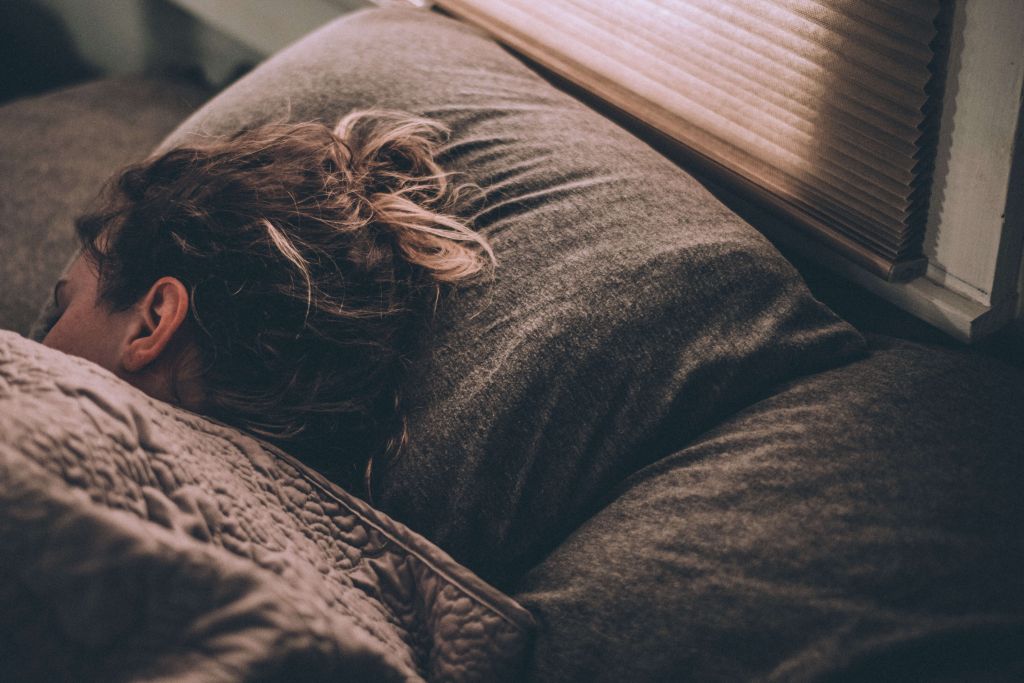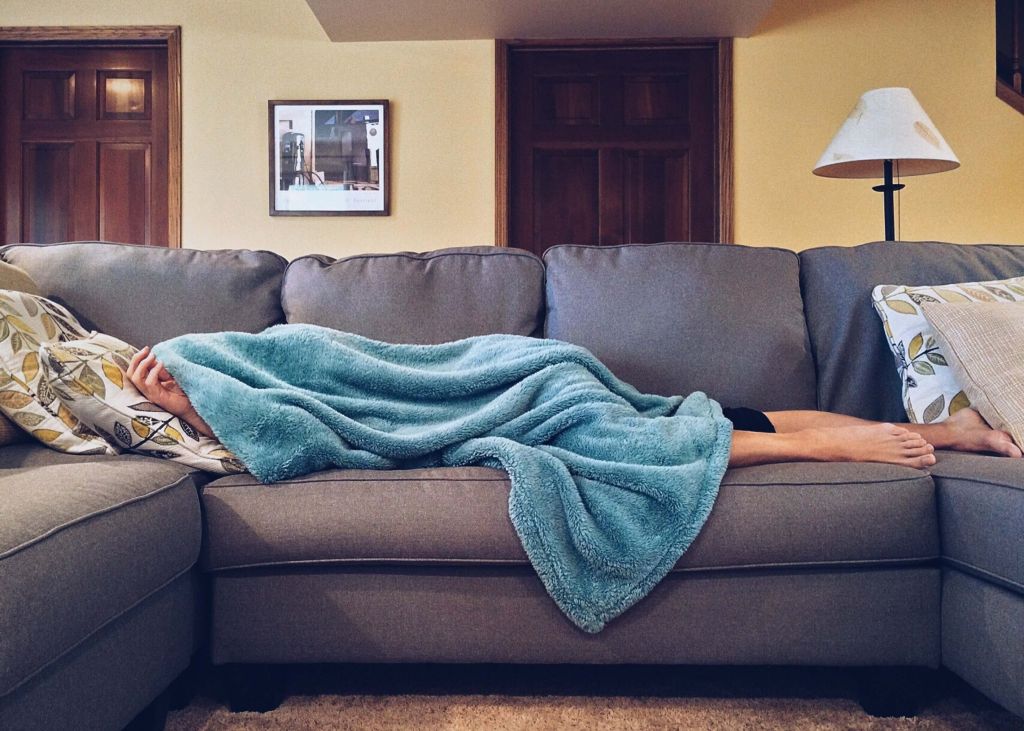
Sleep paralysis is not dangerous to your health. It is certainly an unpleasant feeling that causes fear and anxiety. How to cope with such affliction?
Sleep paralysis is a phenomenon classified as parasomnia, or sleep disorder. Although the paralysis itself is nothing unusual and everyone experiences it at night, the fact of conscious paralysis is already a disorder. How to deal with it and sleep peacefully – literally and figuratively?
Sleep paralysis, sleep paralysis or sleep paralysis – these are all terms for the phenomenon that occurs in the body of a healthy person. In addition, it is very desirable, because it allows us to dream safely. When we enter the REM phase of sleep and dream the most intense stories, sleep paralysis allows us to stay safely in bed. We only dream in our head, and our body remains immobilized. This keeps us and our loved ones safe.
Coming out of REM phase automatically causes the body to relax and come out of paralysis. This all happens without our knowledge. The body is programmed to regulate the processes occurring during sleep. However, there are failures in this “well-oiled machine” and instead of sleeping peacefully, the mind wakes up. Surprised by the situation, the body still remains in paralysis. Usually it lasts from a few to a dozen or so seconds. However, this is usually a time filled with fear. Breathing becomes shallow, accelerates, the heart starts beating. Anxiety, even panic, develops.

Sleep paralysis most often involves the entire body, the arms alone, the legs alone, or the upper torso – from the waist up. The paralysis may be complete or only partial. Awakening is most often caused by a feeling of pressure in the chest, the inability to catch breath. Sleep paralysis is also accompanied by feelings of fear, anxiety, panic and disorientation. Less frequently, hallucinations occur. However, we often confuse hallucinations with abruptly interrupted sleep. Hallucinations can also occur as a result of short-term hypoxia.
Scientists have not been able to find a definite cause of sleep paralysis. Factors that may cause this disorder include:
First of all, it is worth going to the doctor for a basic examination, which will exclude the existence of sleep paralysis as a symptom of another condition. You may need to consult a neurologist or a sleep clinic.
Depending on the cause of the sleep paralysis, appropriate treatment should be implemented. This may include stress management, addiction therapy, etc. It is advisable to change your lifestyle and take care of proper sleep hygiene. Introduce a certain rhythm of the day, reduce external stimuli before going to bed, calm down and create the right conditions for sleep.

Breathing exercises will come to the aid of treating sleep paralysis. Proper breathing will also help when the attack itself happens. Knowing what we are dealing with will make it easier to stay calm and not panic. A few calm and deep breaths will help you survive those few seconds of body paralysis.
During an attack, it is also a good idea to try to make some movement: blink your eyes, wiggle your fingers, and so on. Admittedly, this will not result in an intended body reaction, but it will give a signal to the brain that we are awake.
During an unexpected wake-up call, it’s a good idea to stay calm and think about something pleasant. You can start a diary to write down everything that could affect your sleep paralysis. Up to 60% of people around the world struggle with this condition. So we are not alone, and research on this unusual body malfunction continues. Perhaps soon an effective cure will be found.
Are you interested in the mysteries of the human mind? Read also about the greatest benefits of taking a nap.
Main article photo: photo by Andrea Piacquadio / pexels.com